"A new global report (pdf) by the Organization for Economic Cooperation and Development finds that Americans rank well below the worldwide average in just about every measure of skill. In math, reading, and technology-driven problem-solving, the United States performed worse than nearly every other country in the group of developed nations."
Research and publish the best content.
Get Started for FREE
Sign up with Facebook Sign up with X
I don't have a Facebook or a X account
Already have an account: Login
Tech tools that assist all students to be independent learners & teachers to become better teachers
Curated by
Beth Dichter
 Your new post is loading... Your new post is loading...
 Your new post is loading... Your new post is loading...

Carolyn Williams's curator insight,
June 2, 2013 5:58 AM
Working in a corporate industry for twenty three years and seeing the rise of operators, school leavers would benefit from 21st technological studies and how that applies to the workplace. |
|





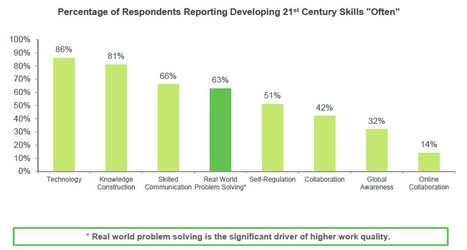

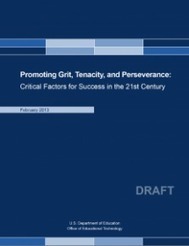
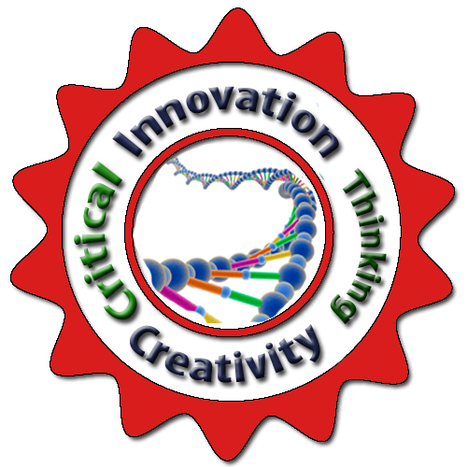

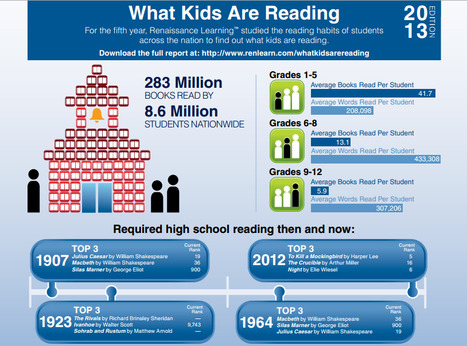


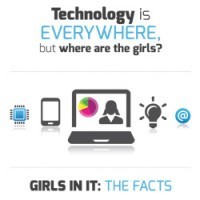

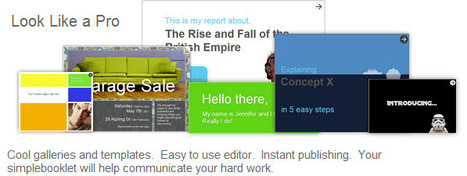





The statistics in this report are eye-opening. It shows that Americans have trouble with words, numbers and technology-driven problem solving. In all areas "the United States performed worse than nearly every other country in the group of developed nations."
This post provides five graphs:
* Literacy Proficiency Among 16 - 65 Year Olds
* Numeracy Profiency Among Adults
* Profiency in Problem Solving in Technology-Rich Environments Among Adults
* Profiency in Problem Solving in Technology-Rich Environments Among Young Adults
* Problem Solving Profiency Among Younger and Older Adults
You will also find a link to the full report from the OECD (which is 466 pages in length) so if you want more information it is readily available.